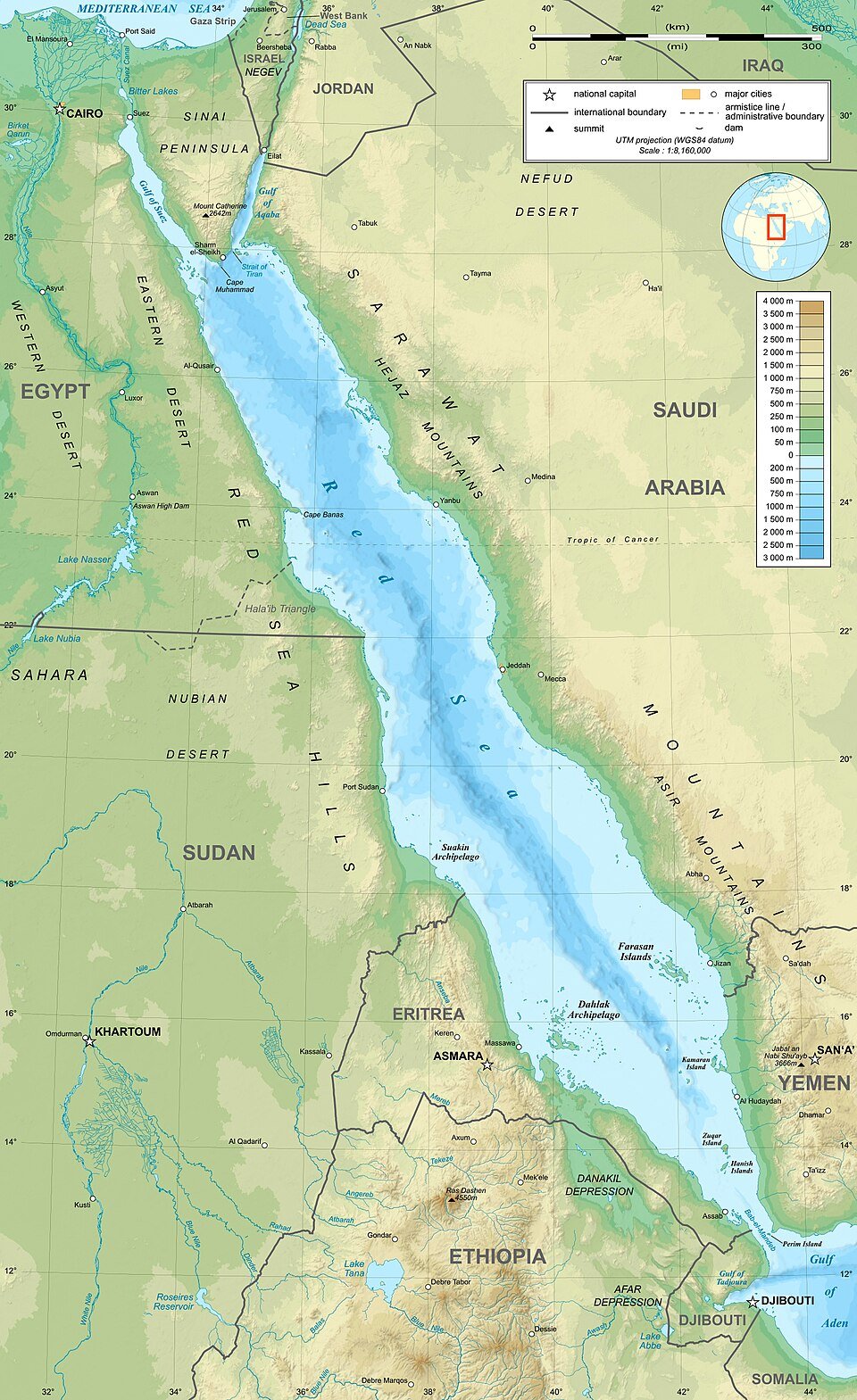China’s Satellite Espionage and Houthi Alliance Demand U.S. Action
Executive Summary
U.S. intelligence has revealed that China’s Chang Guang Satellite Technology (CGSTL), a state-linked space firm, is providing satellite imagery to the Houthi rebels in Yemen to help them target U.S. warships and commercial vessels in the Red Sea. This direct support comes on top of broader Chinese economic, technological, and military assistance that has helped empower Iran’s proxy forces throughout the region. Despite warnings from Washington, Beijing has ignored calls to curtail this behavior. With China’s role now expanding from passive enabler to active co-conspirator, the United States must reconsider its diplomatic approach and escalate countermeasures to halt the threat.
Analysis
The revelation that CGSTL, a major player in China’s geospatial intelligence sector, is supplying real-time targeting data to the Houthis marks a new level of Chinese complicity in destabilizing international security. CGSTL has already faced European Union sanctions for selling satellite technology to Russia’s Wagner Group and is expanding its satellite constellation at an aggressive pace. Its provision of battlefield intelligence to the Houthis—themselves designated a Foreign Terrorist Organization by the U.S.—demonstrates Beijing’s willingness to weaponize its commercial space sector for strategic influence.
Beijing’s broader support for the Houthis includes indirect funding via massive purchases of Iranian oil, which enriches the IRGC—the primary financier of Houthi operations. U.S. officials estimate that China purchased over 90% of Iranian oil exports in 2024, giving Tehran upwards of $50 billion in revenue. That money has been funneled into missiles, drones, and training for Tehran’s regional proxies. Notably, Chinese companies like Shenzhen Rion Technology Co. and Shenzhen Jinghon Electronics have been sanctioned by the U.S. for providing Houthi-linked missile guidance components.
In return, the Houthis have reportedly promised to avoid attacking Chinese-flagged ships in the Red Sea—an arrangement that gives China free commercial passage while U.S. and allied vessels remain under fire. Multiple Chinese-owned or -linked ships have sustained damage despite this pact, but the risks appear acceptable to Beijing, especially if Western powers bear the brunt of the economic and military disruption.
This free-rider approach reflects a calculated strategy. China benefits from U.S. naval protection of maritime chokepoints while helping fuel instability through support of Iran and its proxies. It allows Beijing to bleed U.S. resources in the Middle East, weakening its pivot to the Indo-Pacific. Chinese analysts and former state security officials have dismissed the idea that Beijing should help curb Houthi aggression, citing a perceived lack of strategic incentive to assist Washington.
Yet China is not immune to Houthi disruption. Over half of China’s oil flows through the Red Sea, and attacks have already damaged Chinese-linked vessels and severed undersea cables. Ports in Saudi Arabia, Egypt, and across the region—key to China’s Belt and Road logistics network—have suffered major losses. Still, Beijing’s calculus appears focused on long-term strategic positioning rather than short-term risk mitigation.
As President Trump prepares to re-enter office, experts are urging a shift in U.S. policy. The administration could apply direct diplomatic pressure on China while declassifying intelligence to expose Beijing’s role in enabling attacks on civilian shipping and military targets. Coordination with allies like Israel, India, Egypt, and the Gulf states could create a multilateral response—through joint sanctions, intelligence sharing, and even kinetic strikes on key IRGC and Houthi targets.
A more assertive response might include targeting the Houthi leadership structure, Iranian surveillance assets, and logistical networks in Yemen. By directly raising the cost of Chinese-backed aggression, the United States can reassert deterrence and demonstrate that even satellite-enabled terror will not go unanswered.
